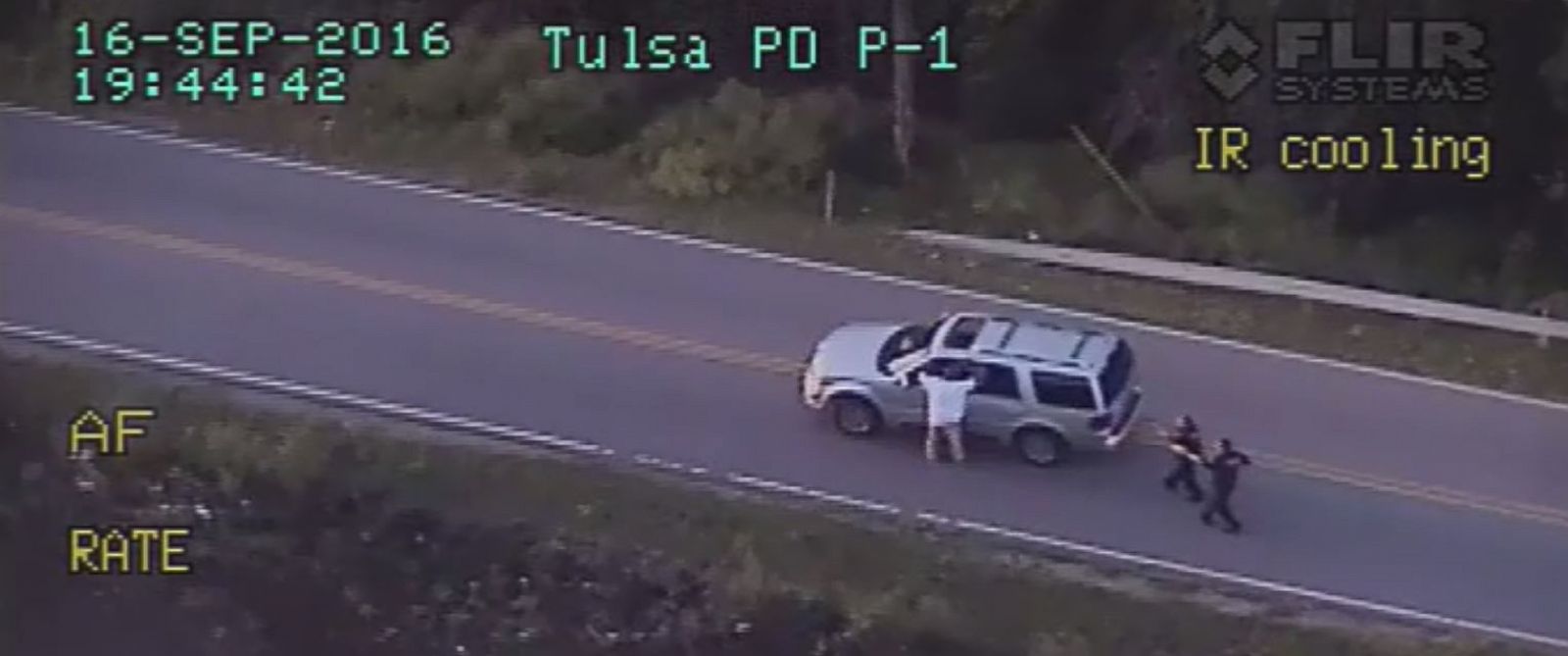
Cry if you must for the latest Black victims of police brutality in our nation but understand that crying time is over. Our grief will not persuade local police to respect our human rights nor will it transform systems of racial oppression that view people of color, and primarily Black people, as threats. Our only recourse is to strategically dismantle the present structures that facilitate the abuse of our constitutional rights and places all of our lives at jeopardy, no matter the age, gender or class status.
While demonstrations again police brutality continue, and must continue to make it plain that we have run out of patience with this abusive behavior by police, we have to turn our attention to concrete steps to invade the safe spaces that permit this corruption. This is a local matter, no matter how much we have been led to believe that some guardian angel in our nation’s capital will swoop in and save us from this blue tyranny. Policing is a function of local and state government, and that’s where we have to bring the fight. The battle must be waged in city halls and state capitals.
Here are a few steps you can take, right now, to get things moving on a community-level campaign for police accountability.
1. Get a copy of the collective bargaining agreement your local police union has signed with your local government (e.g. city, town, county). Many of these contracts are online. Use a search engine and type: [Name of City] police contract (ex: Baltimore police contract). They are public documents and citizens are entitled to copies of the collective bargaining agreement. If you cannot find it online request a copy from the local city clerk.
2. Find a supportive local attorney and go over the details of the collective bargaining agreement, specifically provisions for procedures in the investigation of an officer, officer discipline, grievance procedures, and any references to responsibility for the provision of public safety. If the contract is up for negotiation it is an opportune time to demand major concessions on accountability measures. If the contract is standing (current) then demand its renegotiation if there is a pattern of abuse by local police. Litigation might be necessary in this instance.
3. Find out what insurance company is the carrier for your local government. Too often penalties for police misconduct have been covered by insurance, making these incidents cost minimal to the officer(s) and the municipality.
4. File a FOIA (Freedom of Information Act) request under your state’s sunshine law to obtain a copy of complaints that have been filed against officers in your local police department.
5. Organize a citizens hearing on police misconduct. Hold the hearing in a public venue (a church is a good location), invite members of the public who have been subject to harassment to testify, and record all testimony to create a transcript of the proceeding. If there is a concern on the part of witnesses over their safety, their names can be redacted (blacked out) in the transcript so long as the sponsoring group has a record of the individuals. The transcript should then be delivered to your local government, county prosecutor and state Attorney General.
6. If your local police have body cams or car cams, demand that any videotape of incidents of excessive force be released within 24 hours of the incident. You can start a petition for presentation to your city council and gather as many signatures as possible to demand your local police adopt such a policy.
These are just some preliminary steps you can take. It is critically important that you enlist allies in the call for police accountability. Your local branches of the American Civil Liberties Union (ACLU) and the NAACP are good places to start. If there is a local ministerial alliance it is worth the effort to enlist its support although in all honesty the Black church has been remiss in many of the local fights around police brutality. One group that cannot be an afterthought are young people. Students as young as middle school age must be prepared to engage on this issue and participate actively in any campaign for local law enforcement reform. Education and public outreach is important as any success in building cross-racial coalitions is helpful to frame police brutality as a human rights issue.
It’s critically important that we move from lamenting over these killings to the work of restructuring policing as a civic good, responsible to and accountable to the public. We have invested considerable emotional energy in venting and while our outrage might be cathartic at some level, it also tends to distract us from a more strategic end.
Lastly, for those families that have lost a loved one due to the deadly force deployed by a police officer, the grief is real and cuts deep. If there is a such a family in your community, make sure that counseling services are available to them and inquire into whatever other needs they might have. We must come together and rediscover our bond as a community if we are to put an end to the senseless taking of Black lives by those sworn to uphold the law.
Walter Fields is Executive Editor of NorthStarNews.com.












